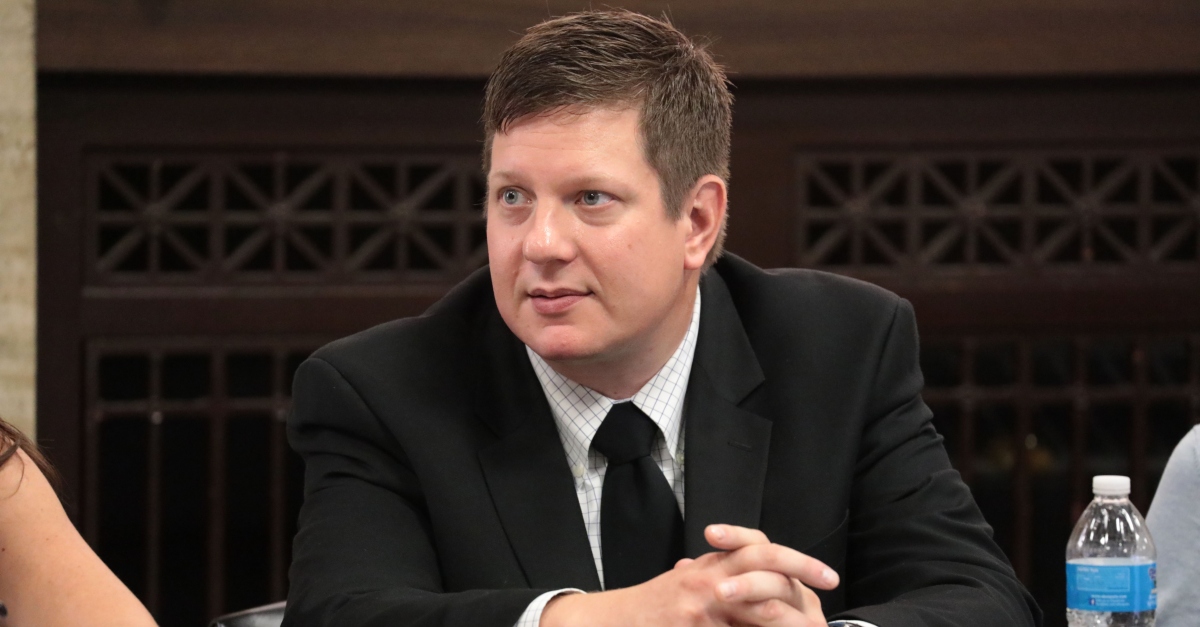
To be clear, I am a police supporter. But as with all professions, there is much improvement we can achieve in the areas of law enforcement and criminal justice reform.
When I was nominated by the governor to serve as the Morris County prosecutor, I was responsible for oversight of 44 police agencies in my county. I came to that position after serving as an assistant prosecutor, criminal defense attorney, and civil rights litigator having sued many police agencies and officers for misconduct, including false arrest, malicious prosecution, and excessive force. It is with that background that I came to be the chief law enforcement officer as the prosecutor.
A prosecutor in such a position is often in a tense position with the police departments they oversee.
On one hand, prosecutors work with police agencies to eradicate crimes, prosecute offenders, and develop strategies to proactively target harden our citizens from crime.
On the other hand, we are responsible for making sure the police operate within the confines of the law, policies, practices, and constitutional underpinnings of police work. We are charged with making sure Internal Affairs practices are meaningful and hold police officers to accountable for violation(s) of those practices. And then, we are responsible for prosecuting police officers that run afoul of the criminal law, and that indeed strains the relationship.
So, how do we get to a place where we can achieve better with policing practices, and maintain the crucial relationship to work with the police to protect the community as prosecutors?
Let me start from where I started–messaging. When I became prosecutor, I advised the police agencies during my term of office that we were revamping internal affairs practices to make them far more robust and transparent. The reason? So that the police knew where the lines were set, had guidance and training to accomplish the mission of better policing, and to know that the goal is to prevent them from losing their careers and potentially their liberty. It was a message that we all win when we have robust internal affairs accountability so that we can retrain, or perhaps remove temperamentally unfit officers, before a calamity occurs to both a citizen, and as we see with the cases we cover on the Law & Crime Trial Network, officers who face going to jail.
There are also three critical components also at play to achieve the goal of proper policing:
- The appointment and election of prosecutors with the experience needed for the complex task of policing the police. It cannot be overstated that competency from years of training, actual experience, and a record of dedication to proper police practices is a major issue confronting our system of justice, and policing. Prosecutors should not only be well versed in criminal law, but so too, civil rights law, and police practices. Experience counts when grappling with the intensity and nuances of police misconduct cases;
- Proactive community policing initiatives: It is imperative that prosecutors and police establish relationships with the community before an incident occurs. For some reason, there is always some level of “push back” with this obvious subject. Trust is an essential ingredient with all relationships, and it needs to be cultivated. When issues arise, especially within the minority community, it is not the time to start establishing that relationship. It never works, and they rightly see it for what it is…damage control.
- Use of technology to track and “red flag” problematic officers and interdict before their problems lead to a tragedy for a citizen, and ultimately the officer.
- Emphasis that lying during an investigation is a “ticket” to possible criminal offenses and at a minimum a career ender.
I mention point #4, as it is what the cops on trial after the conviction of Jason Van Dyke are facing. An urge to “manage” the facts, skew reports, and outright lie, is what has landed three police officers on trial for their lives. It is a problem that I have witnessed time and time again, and it is one taken with much more seriousness than ever before. It is basic that writing reports and testifying truthfully is a basic requirement for police work.
During coverage of the Jason Van Dyke trial, I had the privilege as host to have a police chief I used to supervise discuss what it was like for him as I investigated one of his officers for a police shooting fatality when I was Prosecutor.
Chief Chris Wagner is a shining example of how to do it right. I think you will find his perspective interesting and impressive. You can find my interview of Chief Wagner here.
Now, three officers in the Van Dyke matter are on trial for their lives, with compelling evidence that they falsified their reports, testimony, and skewed the facts to favor Mr. Van Dyke.
We will bring that trial to you on the Law&Crime Network. Come join us.
[Image of Van Dyke via Antonio Perez/AFP/Getty Images]
This is an opinion piece. The views expressed in this article are those of just the author.